It seems that Paris never fails to offer some of the world’s most unique sites. One of its least known and most distinctive is the city-owned “Visite des Égouts” (Sewer Visit). At this underground museum, visitors are invited to walk inside a working part of Paris’ sewer system and learn about the history of city’s sanitation through informative panels and interactive dioramas. Be prepared for a chilly, somber and smelly outing. It will certainly be an unforgettable one!
Take the plunge underground

One of the most fascinating aspects of this museum is its location. To enter, visitors must walk down a set of 42 stairs to reach the corridors of the sewer. This is a bit unnerving, but curiosity will certainly win out over apprehension. At first glance, the curved ceilings and concrete walls of the sewers resemble those of the subway. This makes sense, as the subway tunnels are located just below the sewers.
Explore the sewers through instructive displays

It’s a pretty safe bet that the average visitor doesn’t know much about sanitation systems in general and sewers in particular. That’s why a great feature of the museum is its educational materials. The photograph above shows a scale model of the water cycle in Paris. It describes the filtration process that occurs between when a toilet is flushed to when a facet is turned on through a light-up diorama. This was especially helpful for understanding how sewers fit into the context of daily life. It also shows just how complex it is to provide running water for a city.
Learn more about the people who keep the system running

Paris employs 274 workers to maintain the 2,400 kilometers of sewers in the city. These individuals have training in plumbing and sewer upkeep. They wear hard hats, breathing masks and googles to protect them while they ensure proper sewer operation. Through this display, the viewer learns about the tools of the trade, the daily tasks (cleaning, repairs and security), as well as safety procedures employed in this often- hidden profession. Although the photograph shows a mannequin, there were several real-life “égoutiers” (sewer workers) walking around the museum.
You might be interested in these Airbnbs!
Sewers in culture

In addition to learning about the sewers and the people who maintain them, the museum features a section about sewers in Paris’ history and culture. The picture above is a recreation of a scene from Victor Hugo’s classic novel “Les Misérables” (The Miserables). In the scene, the main character, Jean Valjean, carries fellow revolutionary Marius through Paris’ sewers after Marius nearly dies in battle. This component, more than any other, brings the museum to life.
Paris Tour Guide
Patricia Aveline
My name is Patricia Bollinger and my family is French. I have always had a passion for art and history and I chose to study them when I went to university. I have been a licensed tour guide for the last 30 years and I work in French, English and Italian. My passion and also as part of my work I travel a lot. For this reason, I have a good idea of visitors expectations. Naturally I want to share this passion for my country and its heritage with foreign visitors.I also love cooking and I am a foody.
Tours by Patricia
Conclusion
This is certainly a very unique activity: part factory, part science museum, part art display. Plan about an hour for the visit and bring a light jacket as it stays fairly cold underground. Don’t be too afraid of the smell, either. Most of the museum doesn’t smell at all and when it does, it’s no worse than a public toilet. Access this fascinating locale via subway line 9, station Alma-Marceau or RER linge C Pont de l’Alma. It is open Saturday through Wednesday from 11.00 am to 4.00 pm. Tickets cost 4.40 euros (approximately 5 USD).
History
Get Trip101 in your inbox
Unsubscribe in one click. See our Privacy Policy for more information on how we use your data






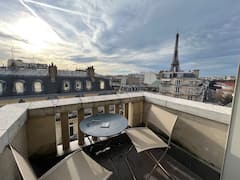
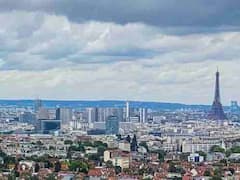

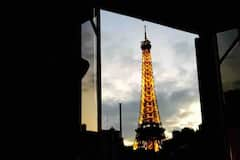
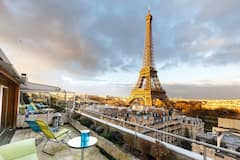
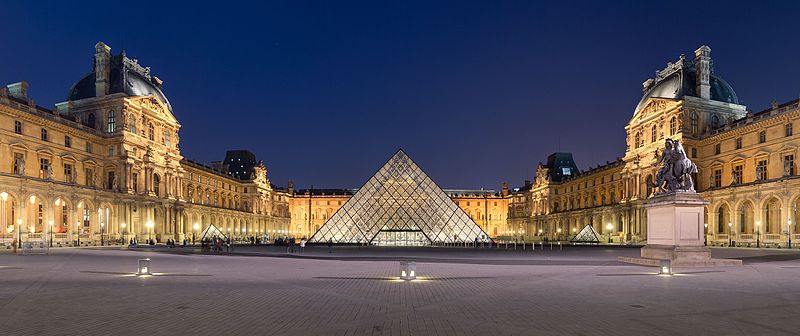
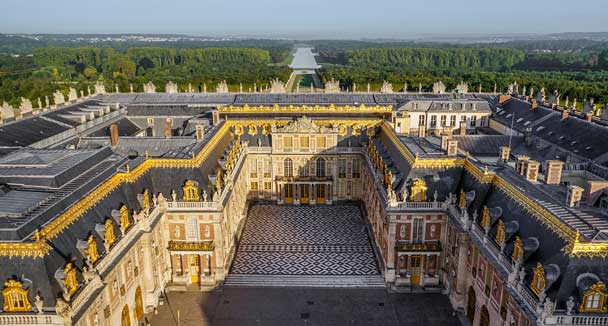
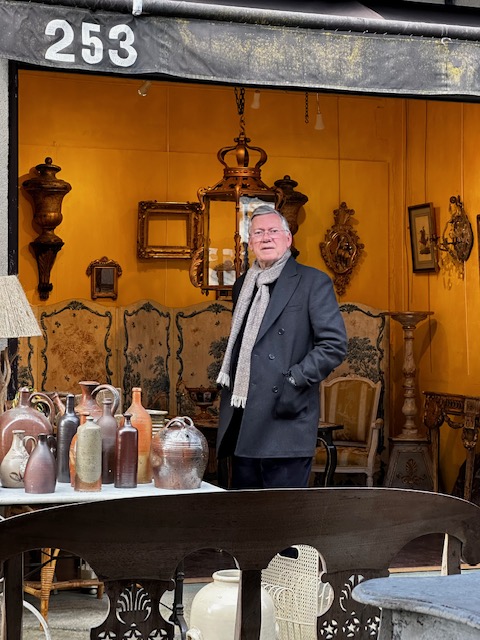











Create an account to